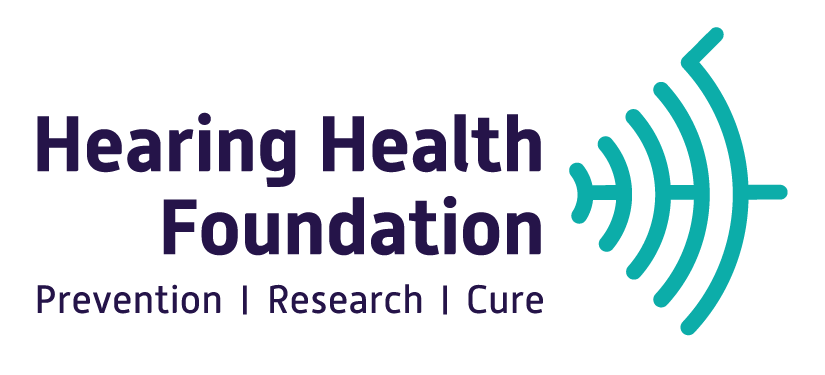Sarah F. Poissant, Ph.D.
Meet the Researcher
Sarah F. Poissant, Ph.D. is an Associate Professor in the Communication Disorders Department at the University of Massachusetts Amherst. Poissant’s research program focuses on maximizing auditory speech perception in listeners with hearing loss and understanding how the characteristics of real-world listening environments negatively impact speech understanding in cochlear implant users.
Dr. Poissant's project is partially funded by the HHF Centurions.
The Research
University of Massachusetts, Amherst
The Impact of Total Communication on the Auditory Perception of Speech
For decades, most children with severe-to-profound hearing loss were educated in special schools for the deaf. In more recent years, increasing numbers of these children have been partially or fully main-streamed and educated along-side their peers with normal hearing. Much debate has ensued regarding the best language of instruction (sign-only, sign+speech, speech only) for them. It is generally thought that a symbolic, gesture-based language system, such as manually-coded English used as part of simultaneous communication methods, provides a facilitative benefit. However, there is not enough information about how children combine manual and spoken cues in this type of communication system to draw firm conclusions about optimal approaches to classroom teaching that best support aural reception of spoken language. We plan to ask and answer a very specific question: What is the direct effect of simultaneously delivered sign language on the perception of speech for children with hearing loss developing spoken language? The research approach builds from the observation that perception of speech that has been artificially degraded (e.g., to mimic a hearing loss) is strikingly improved when listeners have knowledge of the content of the message. The proposed study applies this hypothesis to children with hearing loss to determine whether signs serve in part as a prime to improve auditory perception of speech.
Research area: Auditory Development; Congenital Hearing Loss; Fundamental Auditory Research
Long-term goal of research: To assess how total communication – the combined use of manual signs, speech, and speech-reading – can most effectively be employed as a habilitation strategy to improve auditory perceptual abilities.
Click to download a PDF of Dr. Poissant Meet the Researcher profile.


